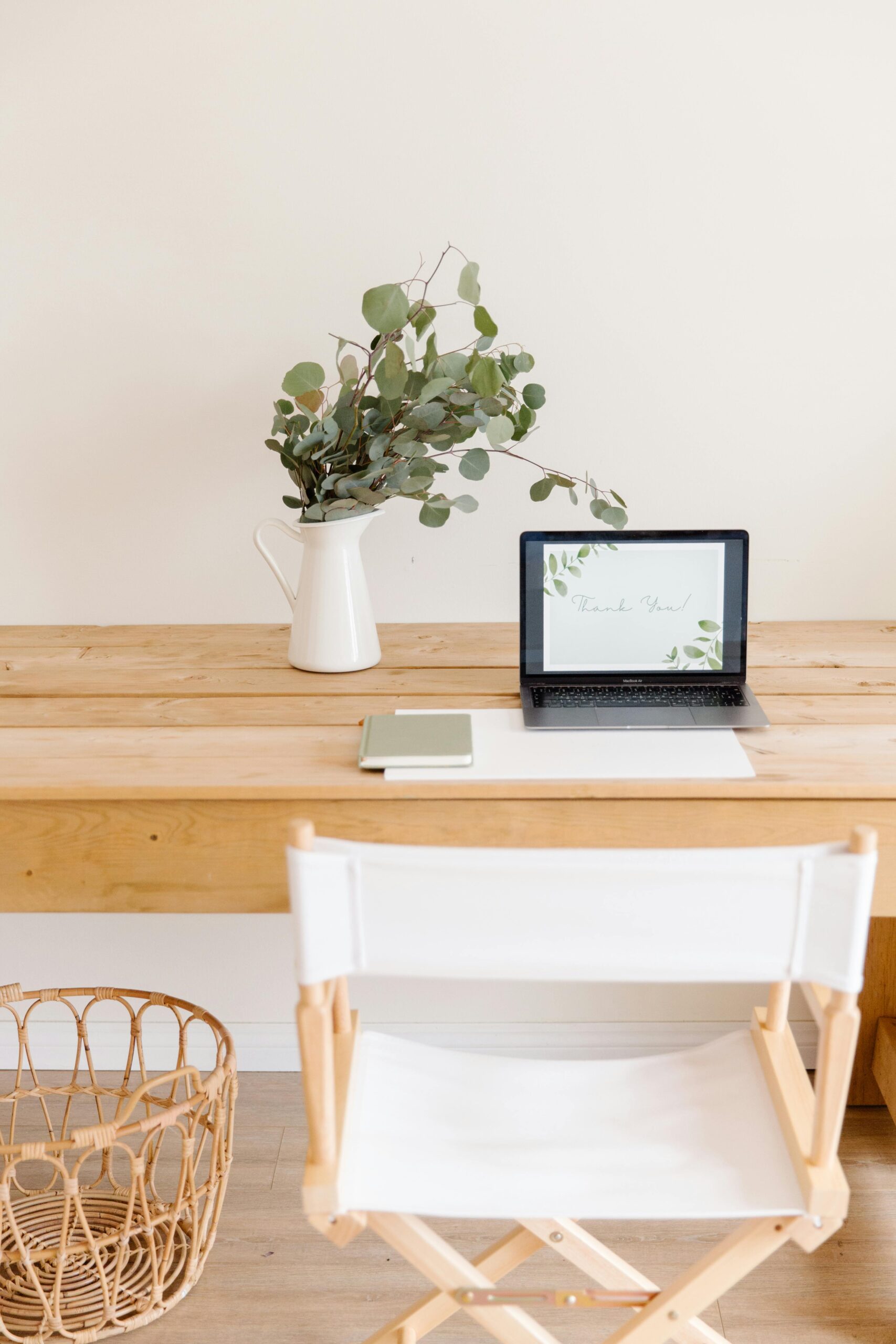I used to think that more was better. More clothes, more gadgets, more decorations, more everything. My shelves were overflowing, my closet was packed, and every surface in my home seemed to collect random items I barely used. But despite being surrounded by all this “stuff,” I felt weighed down. My mind felt just as cluttered as my living space.
That’s when I decided to take a step back and rethink what I actually needed. I didn’t want to just clean up—I wanted to live with intention, to fill my space with things that truly mattered and let go of everything else.
The Burden of Clutter
We don’t always realize how much our belongings control us. Every item we own requires some level of attention—whether it’s organizing, cleaning, maintaining, or just moving it around. The more we accumulate, the more time we spend managing our possessions instead of enjoying life.
I started to notice how clutter affected my mental state. When my home was messy, I felt overwhelmed and distracted. It was harder to focus, harder to relax, and even harder to appreciate the things I actually loved. I knew I needed a change.
The First Step: Letting Go
Decluttering isn’t just about throwing things away—it’s about being honest with yourself. When I started going through my belongings, I asked myself some tough questions:
- Do I use this regularly? If I hadn’t touched it in months (or years), did I really need it?
- Does this add value to my life? Some things serve a purpose, while others just take up space.
- Am I holding onto this “just in case”? I had so many “maybe I’ll need this someday” items. But most of them just collected dust.
Slowly, I started letting go—donating clothes I never wore, selling extra kitchen gadgets, and recycling old paperwork I didn’t need. With every box that left my house, I felt a little lighter.
Creating a Space with Purpose
Once I cleared out the unnecessary clutter, I focused on intentionally curating my space. I didn’t want my home to feel empty—I wanted it to reflect my values and priorities.
I surrounded myself with things that:
✔ Brought me joy (books, meaningful decorations, cozy blankets)
✔ Served a real purpose (tools, kitchen essentials, practical furniture)
✔ Helped me focus on what mattered (a simple workspace, a clean and calm environment)
Living with intention doesn’t mean having nothing—it means choosing what you keep with care.
Minimalism Isn’t About Deprivation
A lot of people hear the word “minimalism” and think it means living with one pair of shoes and a single chair. That’s not true at all. Minimalism is personal. For me, it meant cutting back on things that felt like excess so I could fully appreciate the things I actually use and love.
Instead of buying random decor, I focused on meaningful pieces. Instead of filling my closet with fast fashion, I kept quality clothes that I actually enjoy wearing. Instead of hoarding kitchen gadgets, I stuck with a few essentials that work well.
I found that by having fewer but better things, I appreciated them more.
Living with Intention Beyond Stuff
Once I started decluttering my home, I realized that this mindset applied to more than just physical objects. I began decluttering my time, my commitments, and even my relationships.
- I stopped saying “yes” to things I didn’t really want to do.
- I cut back on mindless scrolling and digital clutter.
- I made space for what actually brings me joy—reading, learning new skills, and spending time in nature.
When I removed what wasn’t serving me, I had more time, energy, and focus for the things that truly mattered.
The Freedom of Less
Now, when I walk into my home, I feel a sense of calm instead of chaos. I don’t spend hours cleaning up messes, looking for lost items, or feeling guilty about things I never use. My space works for me, not against me.
Cutting back on clutter and living with intention has been one of the most freeing choices I’ve ever made. It’s not about being perfect or extreme—it’s about aligning my surroundings with my values.
If you’ve been feeling overwhelmed by too much stuff or too many distractions, I encourage you to start small. Let go of one thing today. Then another tomorrow. Over time, you’ll create space for what truly matters—and that’s worth more than anything you could ever buy.

